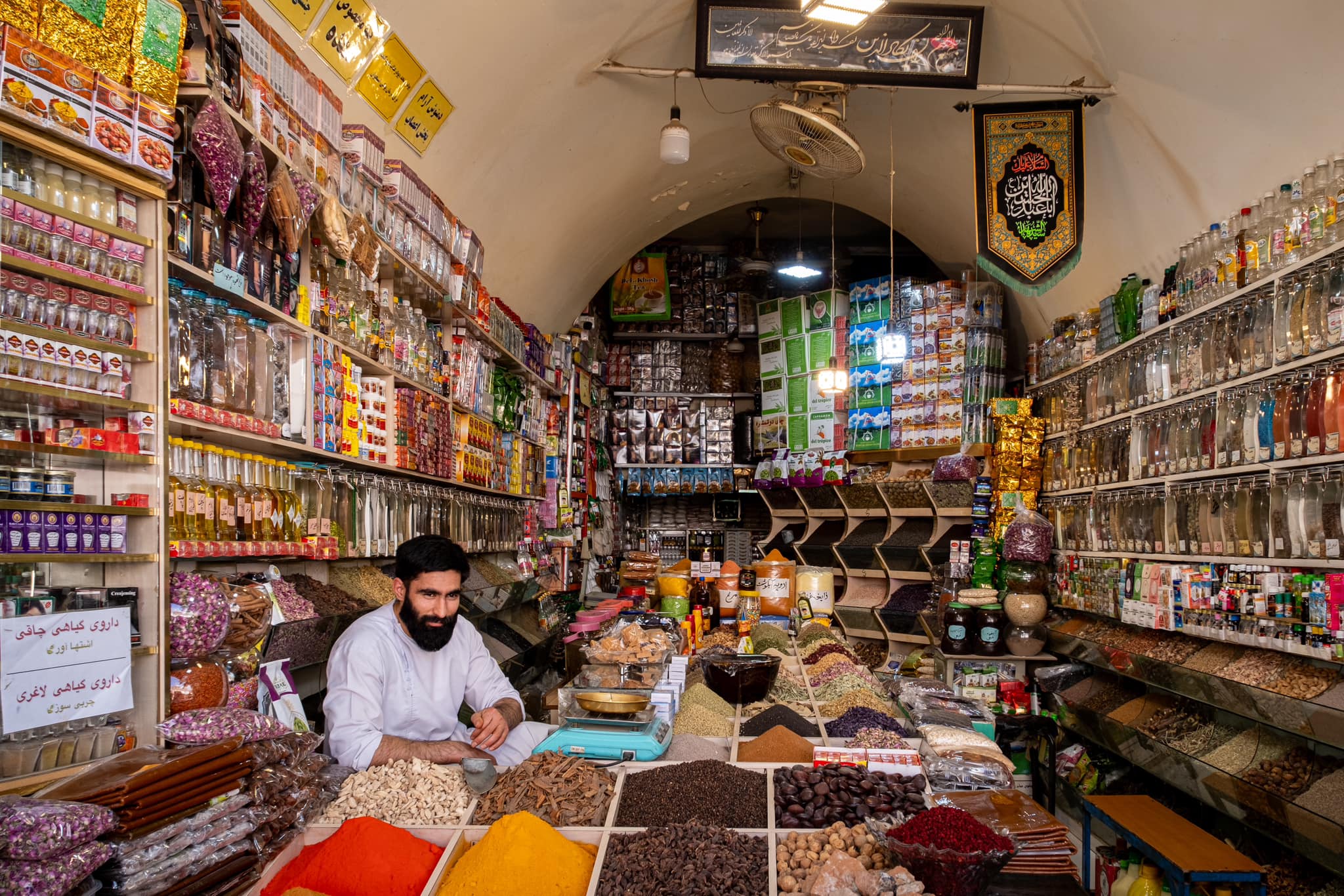Embarking on a journey to Afghanistan offers a profound opportunity to immerse yourself in a rich and diverse culture. To fully appreciate and engage with this unique environment, it’s crucial to understand and respect local customs, dress codes, and social norms. This guide provides an in-depth look at Afghan cultural etiquette, helping you navigate interactions and ensure respectful and positive experiences.
Cultural Etiquette


Local Customs
Afghanistan’s cultural practices are deeply rooted in its history and diverse ethnic traditions. Understanding these customs can significantly enhance your experience and help you avoid misunderstandings.
In Afghanistan, greetings are deeply respectful and often involve both verbal and physical gestures. A common greeting is the “salaam” (peace), accompanied by a handshake. However, it’s important to note that handshakes are generally reserved for people of the same gender. For men greeting women, a nod or a verbal greeting is more appropriate, as physical contact between genders is usually avoided.
Afghans place a high value on hospitality. When invited to someone’s home, it is customary to bring a small gift such as sweets or fruit. Guests are often offered tea or other refreshments, and it is polite to accept these offerings as a sign of respect and appreciation.
Dining in Afghanistan is a communal affair. Meals are often shared, and it’s common for food to be placed on a large communal dish from which everyone eats. It is polite to use your right hand to eat and to break bread (naan) to scoop up food. Finishing all the food on your plate is seen as a compliment to the host, indicating that you enjoyed the meal.
In Afghan culture, time can be viewed more flexibly compared to Western norms. While punctuality is appreciated, especially in formal settings, a more relaxed attitude towards time is common in social and casual situations. It’s advisable to be patient and understanding of these differences.
Dress Codes
Dress codes in Afghanistan reflect the country’s conservative values and Islamic traditions. Dressing appropriately is a sign of respect and helps you fit in comfortably with local norms.
Modesty is highly valued in Afghan culture. For both men and women, it is important to dress conservatively. Women typically wear a “burqa” or “chador” that covers their entire body, and it is essential for them to cover their arms and legs. Men usually wear a “shalwar kameez”, a traditional outfit consisting of a long tunic and trousers.
When attending formal or religious events, such as prayers at a mosque, it is crucial to dress in a way that respects the occasion. For women, this means covering their head with a scarf, and for men, ensuring that their attire is modest.
In professional settings, traditional Afghan attire is often preferred. Men typically wear formal versions of the shalwar kameez, while women should opt for formal and conservative outfits. Understanding the specific expectations of your business context can help you navigate professional interactions more effectively.




Dos and Don’ts
Navigating Afghan social norms involves recognizing both appropriate behaviors and actions to avoid. Here are some essential dos and don’ts to keep in mind:
Dos:
- Be Respectful: Approach every interaction with genuine respect and an open mind. Showing interest in and adhering to Afghan customs demonstrates your appreciation for the culture.
- Observe and Adapt: Pay attention to local practices and adjust your behavior accordingly. For example, be mindful of the appropriate way to greet people and the correct dining etiquette.
- Use Polite Language: Politeness is highly valued. Use formal greetings and titles when addressing others, and be respectful in all your communications.
Don’ts:
- Avoid Taboos: Be cautious about discussing sensitive topics such as politics or religion unless you are sure of the appropriateness of the conversation. Avoid gestures or actions that may be considered disrespectful.
- Don’t Interrupt or Overpower: Allow others to complete their thoughts before responding. Interrupting someone, especially in a conversation or meeting, can be seen as disrespectful.
- Refrain from Public Displays of Affection: Public displays of affection, such as hugging or kissing, are generally frowned upon in Afghanistan. It’s best to maintain a respectful distance in public settings.
